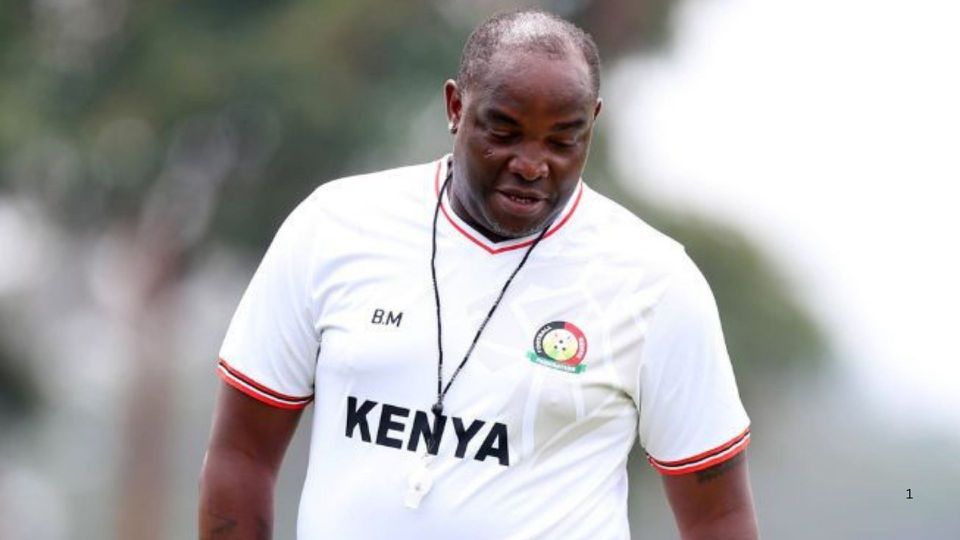Kenya’s Harambee Stars suffered one of the darkest nights in their football history after being demolished 8–0 by Senegal in an international friendly in Antalya, Turkey. The defeat, the heaviest since the 9–0 thrashing by Zambia in 1978, has sparked unprecedented outrage among fans, who are demanding immediate and sweeping reforms within the national team setup.
This latest humiliation came just days after a frustrating 1–0 loss to Equatorial Guinea at the same venue, compounding concerns about the team’s form, selection, and tactical preparedness. The collapse against Senegal exposed glaring weaknesses, with Kenya spending the entire match on the defensive as their opponents toyed with them at will.
Senegal’s attacking force was ruthless, led by Sadio Mané, who scored a hat-trick, as Cherif Ndiaye and Ibrahim Mbaye added to the rout. For many supporters, the performance symbolised a deeper crisis beyond the pitch—one that points to systemic issues in Kenyan football.
Social media erupted almost immediately, with fans on X expressing anger, disappointment, and embarrassment. Many criticised the repeated selection of players from the same familiar pool of domestic clubs, arguing that talent identification in Kenya has become predictable and exclusionary. Calls for a total overhaul became widespread, with some urging a nationwide talent search that covers all 47 counties to revive competitiveness.
A number of supporters argued that Kenya needs to move away from tribalistic and complacent selection patterns that prioritise familiarity over merit. Others went as far as suggesting that the national team should avoid facing top-tier opponents until it rebuilds its confidence and structure.
However, not all reactions were emotional. Some fans appreciated the brutal lesson delivered by Senegal, stating that high-quality friendlies are necessary to expose weaknesses and guide long-term improvement. They argued that Kenya needs more of these tests rather than opting for low-stakes matches that create a false sense of progress.
The Football Kenya Federation was forced to respond to the mounting pressure, with its leadership issuing an apology and acknowledging the defeat as a serious wake-up call. The federation promised a thorough review of its technical and operational systems to identify gaps and implement proper corrective measures.
As the dust settles, the key question remains: will this embarrassing defeat lead to genuine structural reform, or will it be another crisis Kenya quickly forgets? For now, fans are demanding answers—and change—at a scale never seen before.

